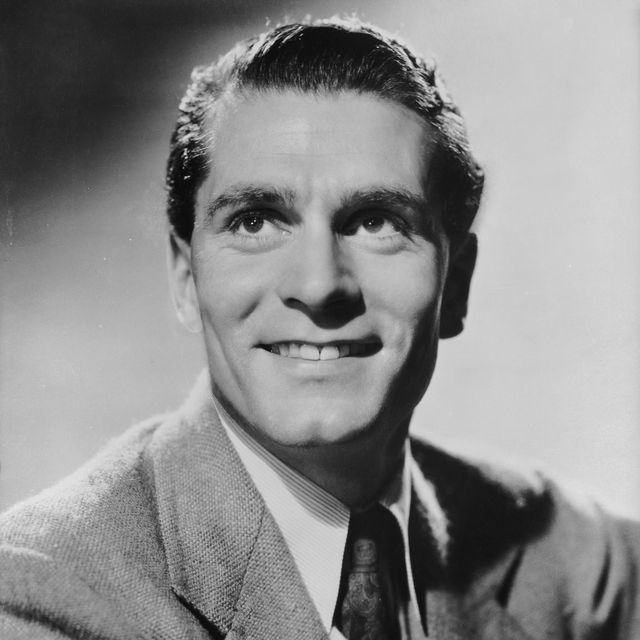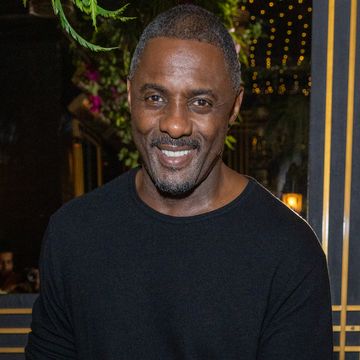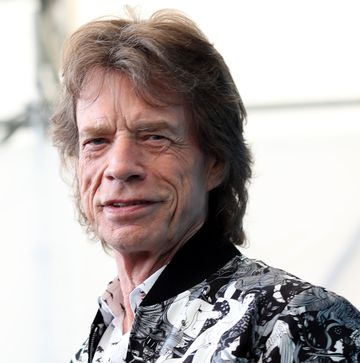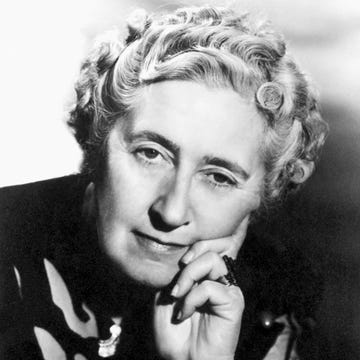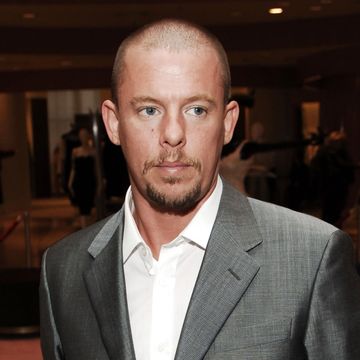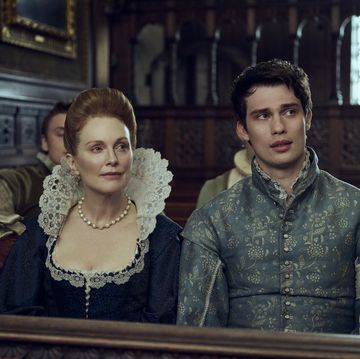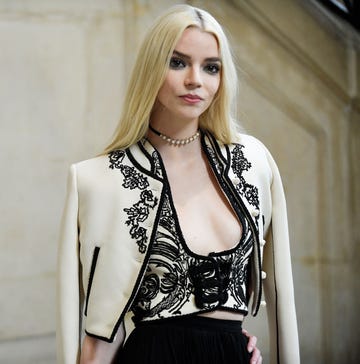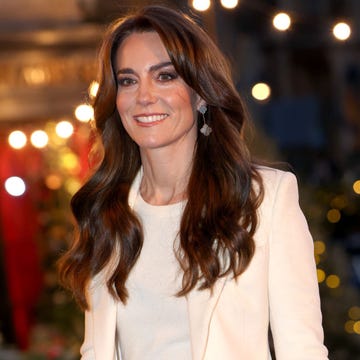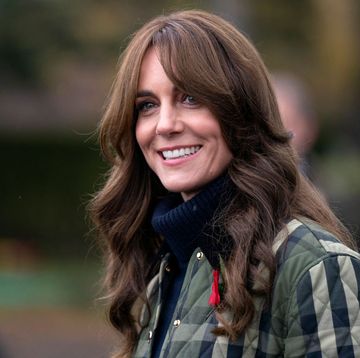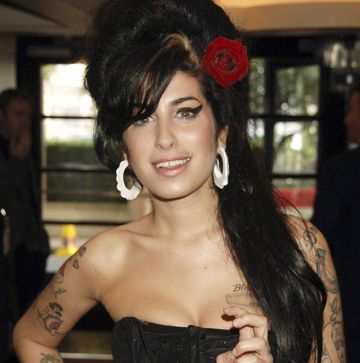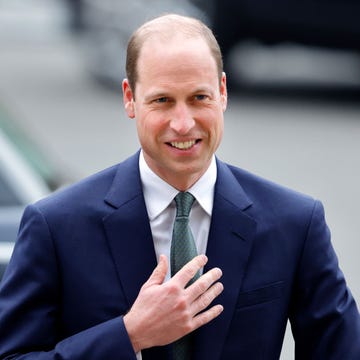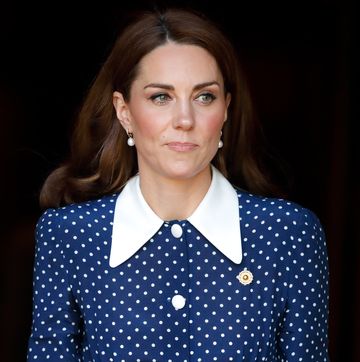(1907-1989)
Who Is Laurence Olivier?
Laurence Olivier was one of the most acclaimed actors of the 20th century. He is known for his career-defining performances of Shakespearean roles on stage and screen, as well as memorable turns in modern classics such as Wuthering Heights and Marathon Man. He was knighted by King George VI and later made Baron Olivier of Brighton by Queen Elizabeth II, who also gave him the Order of Merit. Outside of his acting career, Olivier is remembered for his love affair and tempestuous marriage to actress Vivien Leigh.
Early Life
Laurence Kerr Olivier was born in Dorking, in Southern England, on May 22, 1907, to a strict religious family. Both his father and grandfather held prominent positions in the Anglican church; his mother too came from a family of career clerics, but she was his solace in the rigid household run by his father. As the youngest of their three children, Olivier was shattered when his mother died in 1920 when he only 12 years old. But despite his father's severity, it was he who encouraged Olivier, also known to the family as Kim, to pursue acting as a career after Shakespearean roles at school showcased his early talent.
Stage Career: Hamlet and Othello
Olivier enrolled at the Central School of Speech and Drama and followed theatrical tradition, joining the Birmingham Repertory company. He rose quickly from spear-carrier to leading man and soon moved to London's West End. An early theatrical success came with the debut of Noel Coward's Private Lives, which was quickly followed by a bold production of Romeo and Juliet, in which Olivier and John Gielgud alternated playing Romeo and Mercutio. The two actors, whose styles clashed, remained lifelong rivals.
Olivier's dashing good looks attracted the attention of up-and-coming actress Vivien Leigh, and they soon began a passionate romance, abandoning their previous spouses. He was wed to actress Jill Esmond at the time, and she was the mother of his first child, son Tarquin.
Olivier made his mark with star turns in many of Shakespeare's leading roles, including those of Hamlet, Henry V, Anthony, Richard III, Macbeth and Othello, and Leigh often appeared as his leading lady, making the couple, who married in 1940, London theater royalty. The couple also toured and appeared in the United States, capitalizing on her popularity from Gone With the Wind's wild success. He was known to experience crippling stage fright, even as a seasoned actor.
After the demise of their marriage due to Leigh's battle with manic depression, Olivier made a career departure: He starred in John Osborne's The Entertainer, marking a turn in his life and acting approach. Helping to establishing the Royal National Theatre, Olivier became its founding director, serving from 1962 to 1973.
Film Career
Olivier's first forays into film were faltering, but he hit his stride as Heathcliff in Wuthering Heights and Rebecca, which catapulted him to matinee idol status—and helped fund his theatrical ventures. He also put to film some of his most famous Shakespearean roles, winning his first Academy Award (best actor in a leading role) and a second nomination (best director) for Hamlet.
Nevertheless, later in his career, Olivier took almost any role offered for the paycheck so that he could provide for his family. In addition to son Tarquin from his first marriage, he and his third wife, actress Joan Plowright, had three children together, son Richard and daughters Tamsin and Julie Kate. But Olivier went on to reclaim his reputation with acclaimed roles, including that of the Nazi dentist in Marathon Man. He received a Lifetime Achievement Award by the Academy in 1979.
Death and Legacy
Olivier published his autobiography, Confessions of an Actor, in 1984. Olivier, who has long been rumored to have had a sexual dalliance with actor Danny Kaye, admitted in his autobiography that he was tempted but never followed through with establishing a relationship with Kaye. Biographer Terry Coleman also dismissed this rumor in his 2005 work Olivier. He did, however, believe that Olivier may have been involved with actor Henry Ainley. Olivier's family has disputed this claim.
Following a decade's battle with cancer and related illnesses, Olivier died on July 11, 1989, at his home in West Sussex, England, just outside London. Olivier is one of the few actors to be buried in Westminster Abbey's esteemed Poet's Corner. The honor is fitting for the youngest actor to be knighted—at age 40, by King George VI—and the first to be elevated to the peerage—in 1970, by Queen Elizabeth II. Elizabeth II dubbed him Baron Olivier of Brighton, which allowed him to sit in the House of Lords; she later bestowed upon him the Order of Merit. The Olivier Awards, England's equivalent of the Tony's, are named in Olivier's honor.
Fifteen years after his death, Olivier starred as the villain in 2004's Sky Captain and the World of Tomorrow through the magic of computer graphics. British theater critic Kenneth Tynan said of Olivier: "He's like a blank page and he'll be whatever you want him to be. He'll wait for you to give him a cue, and then he'll try to be that sort of person."
QUICK FACTS
- Name: Laurence Olivier
- Birth date: May 22, 1907
- Birth City: Dorking, South England
- Best Known For: Laurence Olivier was one of the most acclaimed actors of the 20th century, known for his roles in numerous Shakespeare productions on stage and screen, as well as memorable turns in more modern classics.
- Astrological Sign: Gemini
- Schools
- Central School of Speech and Drama
- All Saints Choir School
- St. Edward's School
- Death date: July 11, 1989
- Death City: West Sussex, England
Fact Check: We strive for accuracy and fairness. If you see something that doesn’t look right, contact us!
QUOTES
- Of all the things I’ve done in life, directing a motion picture is the most beautiful. It’s the most exciting and the nearest that an interpretive craftsman, such as an actor... can possibly get to being a creator.
- Acting is illusion, as much illusion as magic is, and not so much a matter of being real.
- Work is life for me, it is the only point of life-and with it there is almost religious belief that service is everything.
- If I wasn’t an actor, I think I’d have gone mad. You have to have extra voltage, some extra temperament to reach certain heights. Art is a little bit larger than life—it’s an exhalation of life and I think I you probably need a little touch of madness.
